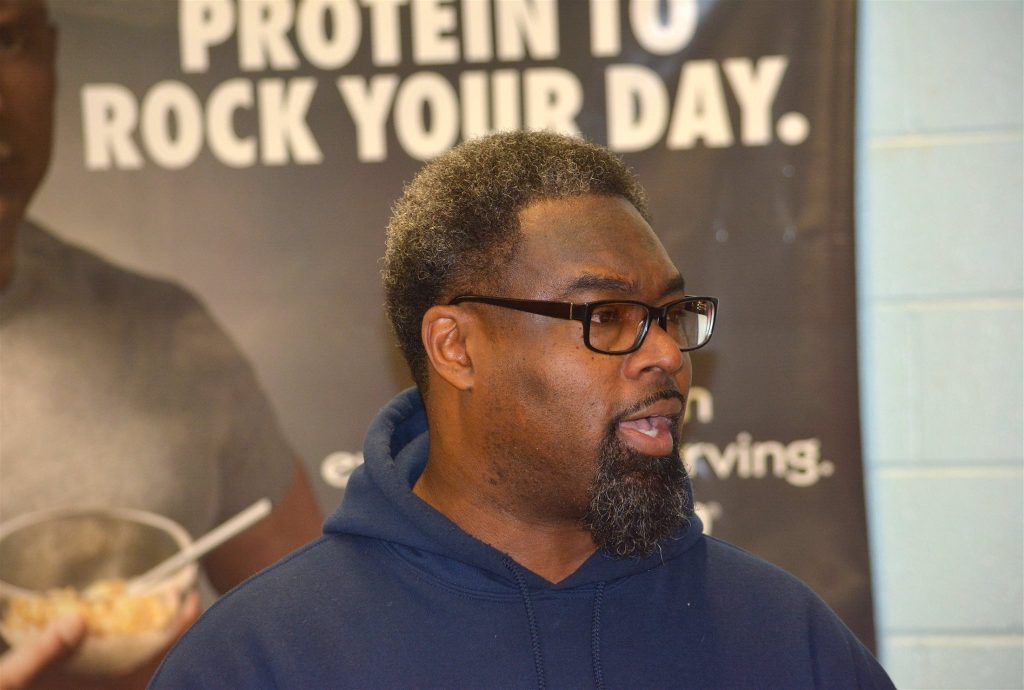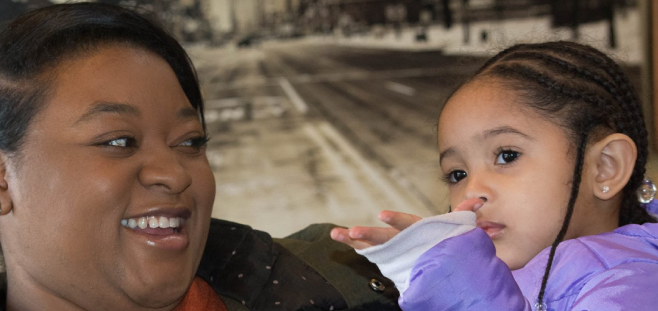The Chinese symbol for crisis is the same as opportunity has become a cliché in recent years. Overused or not, there is truth in the saying.
To realize the resources you have and shine a light on some perennial problems can change the status quo.
Councilman James Tate of Detroit’s First District is working to turn the COVID-19 crisis into opportunity. He has posted a video on the District One Facebook page where he discusses education in the age of the pandemic and has been speaking with many of his constituents. In these conversations he has discovered some truths of modern education.
The videos have multiple people in conversation, including educational professionals, parents and students.
The discussion centers on what the future of education might look like. It allows information and ideas to be shared and parents to realize they are not alone.
Here is Tate’s video. Others are expected. For updates click here
With less than a month to completely rewrite methods for at home learning, Tate has been impressed with what he has found, and has broken some new ground.
For example, public and charter schools do not normally work together. This forum allows the two to compare, and contrast, what has worked and what hasn’t.
“It is necessary because the times are so unprecedented,” says Tate, adding that parents and students need to know the blueprint going forward.
For both school systems the biggest change is the new reliance on technology to teach. This, of course, brings up the tech gap – the ability (or lack of) for students to use technology that is needed for the current learning process. Some children have had to be provided a computer or other device for this new system.

There are also challenges on the teacher’s side. There is a need to make sure teachers are up to date on current technology, something that has fallen by the wayside in many schools, both in and out of the city.
Some teachers are also working to find the best way to give each student the time and attention he or she needs.
“Teachers have had to put their feelings of insecurity behind them,” says Tate.
For their part, parents need to try and remember things from decades ago to help their children learn while trying to get them to focus amid all the distractions of home.
There have, however, been some interesting positives to the new normal. Some teachers have been able to speak with busy parents more frequently thanks to the in-home style. One student Tate spoke with is actually doing much better in school with the new system. She finds it easier to concentrate without the bullying she experienced in school.
With the City Council and the Detroit Public Schools working together, Tate says they can get more information out to citizens. By taking a larger look at the community, he is able to reflect on how all the community elements fit together and can get a better feeling for the issues, such as the economic instability in many neighborhoods.
For example, many children rely on their school lunches for necessary meals. Currently, the schools have partnered with Gleaners Food Bank to provide those meals.

What the fall will bring for Detroit schools is still a question mark. While te schools are looking at how to reopen in the fall, a possible COVID-19 resurgence hangs overhead.
One potential plan is to have a mix of in-person and digital learning with students coming to school every other day.
These realities and challenges are being addressed at the worst possible time. Due to the need to battle COVID-19 and provide benefits for many, the state will have to cut budgets, and that could include education.
While the opening salvo was 25 percent, no one knows what the number will be until the state budget for the year is finalized.
Tate acknowledges the necessity for cuts to be made, but also points out the difficulty it will raise for schools and families. Especially those with pre-existing conditions in education.
“Until we deal with the economic issues, there will always be some gap,” he says. He believes that highlights one truth – a need for a better economic reality.


